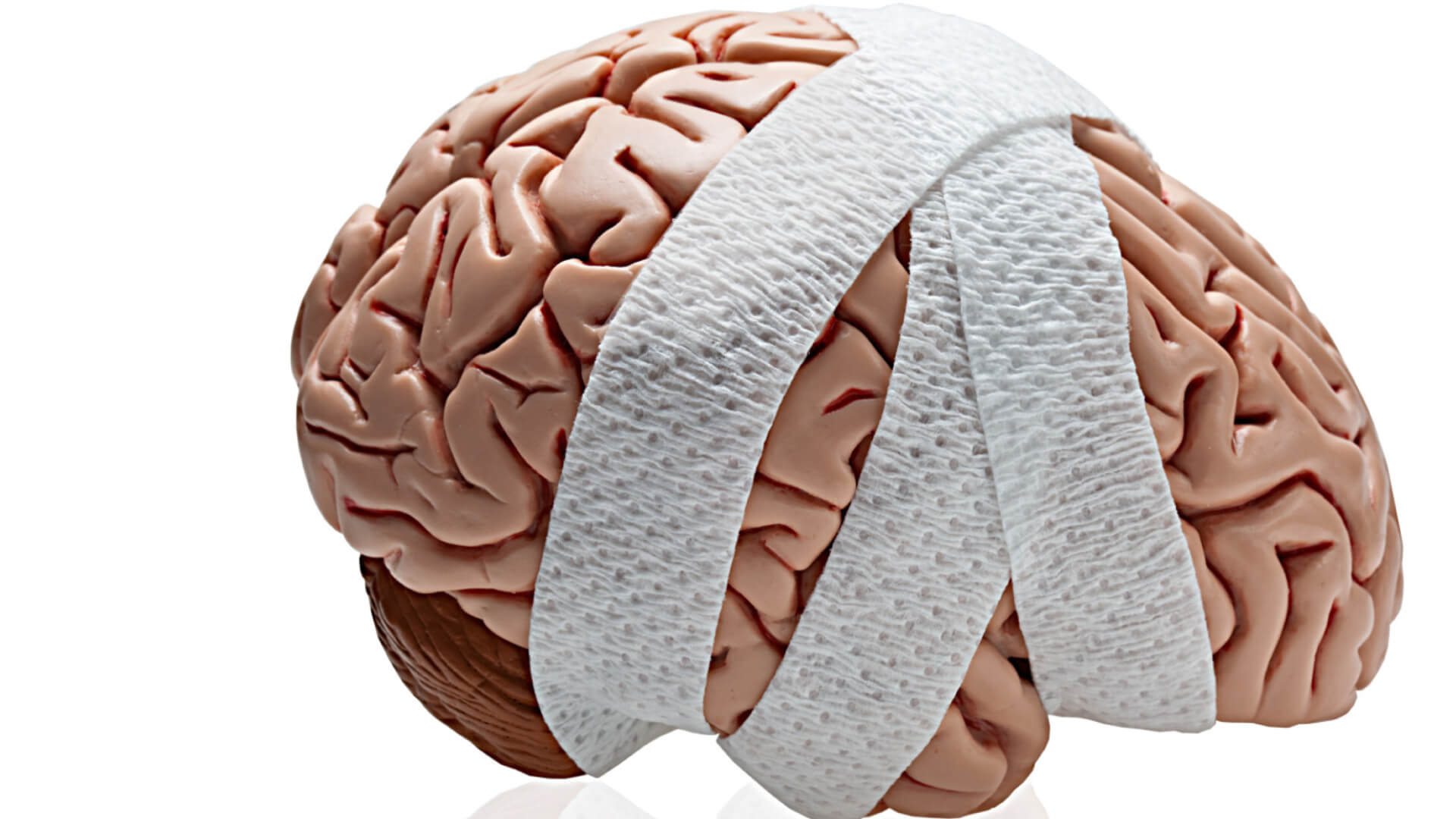Many mild concussions don’t require more than rest and monitoring. Someone else should watch for signs of more serious injury, though. Sometimes the symptoms of a serious concussion, a contusion or hematoma may not show up for days.
Monitor when the patient does not appear to have any signs of serious injury. Make sure the person with the injury is not confused or having trouble walking. Watch for symptoms listed above.
Call the doctor if the patient later experiences dizziness, repeated vomiting, difficulty concentrating, or changes in personality.
Call an ambulance if the patient has lost consciousness, or is having seizures, paralysis, or problems walking or talking. If it is a small child, call the doctor if you think the child is not behaving as usual.
If the person has a skull fracture, put a bandage on the wound but do not try to clean it out or disturb it in any way. If the injury is serious, call an ambulance and do not try to move the patient.
Someone with a serious head injury is likely to be admitted to the hospital for treatment and observation. Symptoms can take days to show themselves. Surgery may be required to relieve pressure on the brain, if there is swelling or bleeding.

